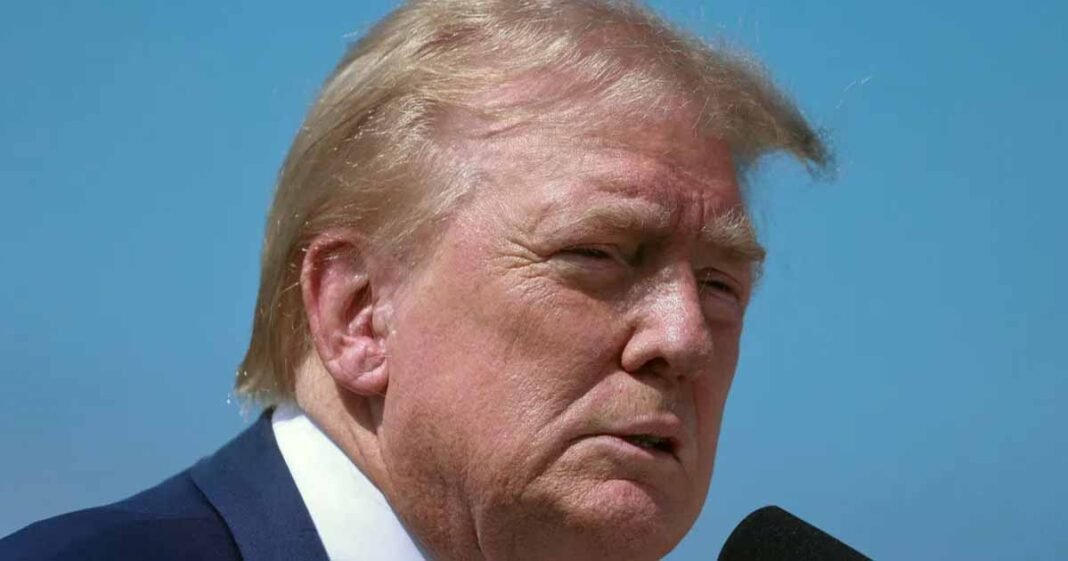Chris Wright, President-elect Donald Trump’s pick to lead the Department of Energy, has sparked controversy with his history of dismissing warnings from climate scientists. Wright, an oil executive, has frequently downplayed the severity of manmade climate change and touted studies that suggest global warming may be beneficial. However, these claims have been challenged by the very scientists whose research he has cited.
According to The Washington Post, Wright often refers to studies that argue fewer people are dying from cold weather due to warming temperatures. He also points to studies that suggest rising global temperatures have not led to more intense hurricanes or other natural disasters. However many of the scientists behind these studies have pushed back against his interpretation of their findings.
Jim Kossin, a climate scientist who contributed to a section of the United Nations’ Intergovernmental Panel on Climate Change (IPCC) report detailing the rise in dangerous weather events, told The Post, “What he is saying is flat out wrong.” Other researchers echoed this sentiment, accusing Wright of selectively quoting their work to downplay the dangers of climate change while ignoring substantial portions of their findings that emphasize its serious threats to humanity.
One of the main concerns is Wright’s potential influence on U.S. climate policy if confirmed as Energy Secretary. As The Washington Post explains, the Energy Department plays a critical role in regulating the fossil fuel industry, promoting energy research, and guiding the future of electric power distribution. With Wright at the helm, these scientists worry that he would undermine efforts to combat climate change and support policies that align with Trump’s agenda of rolling back clean-energy subsidies.
Wright’s showmanship has also been called into question. He previously gained attention for posting a video of himself drinking fracking fluid to demonstrate that it had no harmful health effects. This stunt, like his climate comments, has raised eyebrows among critics who argue that his approach to science and policy is based on ideology rather than empirical evidence.
As Wright’s confirmation hearing looms, the controversy surrounding his stance on climate change and his handling of scientific research is likely to remain a key point of debate.
